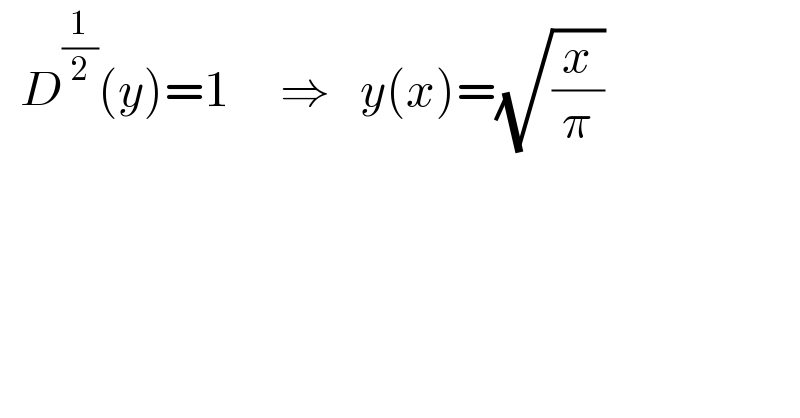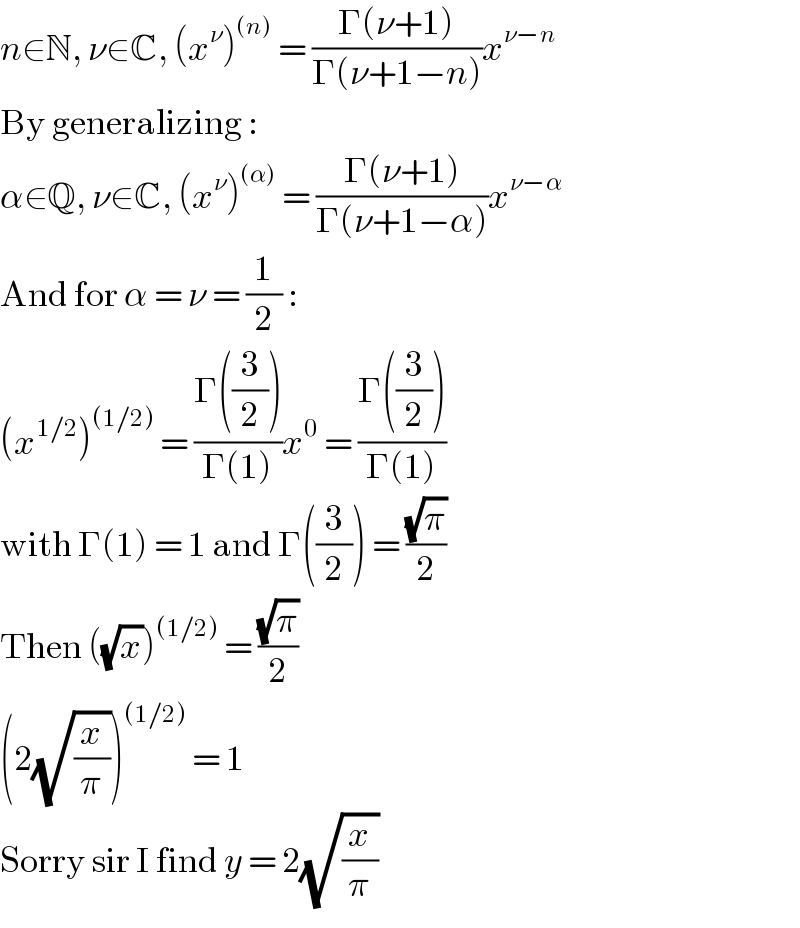
Question and Answers Forum
Question Number 104608 by ~blr237~ last updated on 22/Jul/20

Answered by OlafThorendsen last updated on 22/Jul/20

Commented by ~blr237~ last updated on 23/Jul/20

| ||
Question and Answers Forum | ||
Question Number 104608 by ~blr237~ last updated on 22/Jul/20 | ||
 | ||
Answered by OlafThorendsen last updated on 22/Jul/20 | ||
 | ||
| ||
Commented by ~blr237~ last updated on 23/Jul/20 | ||
 | ||